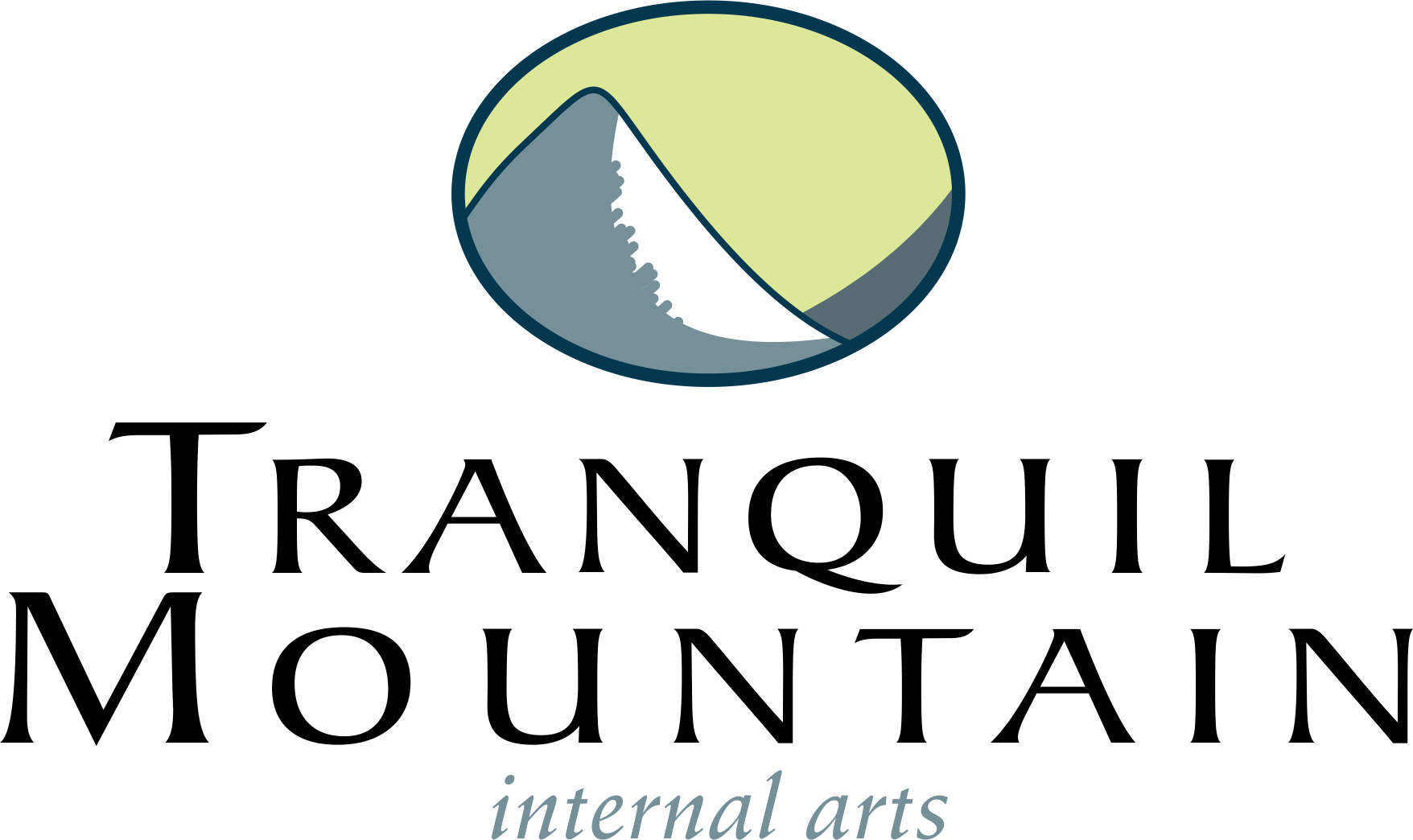
The Arts
Taijiquan (T'ai Chi Ch'uan)
Taijiquan was originally created centuries ago as a martial art that cultivates the natural, internal energy flow and combines it with smooth physical movement for the purpose of self defense. Taiji can be literally translated to mean “supreme ultimate”. It can also be interpreted to mean “grand terminus” or “extreme opposites”. These translations and interpretation represents the concept of yin and yang, which reflects opposite attributes, such as light and dark, male and female, firmness and softness, and positive and negative. Both yin and yang, or opposites, are needed to achieve balance. And quan simply means “fist” or “boxing”.
Although taijiquan was created for the purpose of martial arts training, today it is mostly practiced for its tremendous health benefits. The health benefits are based on the concept of balance. Traditional Chinese Medicine (TCM) believes that all illness and disease is a result of imbalance in the human energy system and that if a treatment or activity can bring ones energies into balance, healing will occur. TCM also believes that you must be active in maintaining this balance through proper diet, sleep and activity.
Taijiquan is an excellent exercise activity that emphasizes a peaceful mind and relaxed body. It is often called meditation in motion. This internal exercise combines with slow, graceful, and circular external movement to help loosen joints, tone the muscles, and strengthen the physical body. Practicing taijiquan regularly can help to reduce stress, stabilize blood pressure, improve physical and emotional balance, enhance the immune system, and improve coordination and concentration. In practicing taijiquan, you only need to dedicate about ten minutes a day to perform the form sequence.
Qigong (Chi Kung)
Qigong (Chi Kung) is an ancient Chinese health care system and is practiced by individuals to improve their own health. It is an exercise that integrates gentle movement, coordinated breathing, and focused intention to strengthen and circulate the life energy (qi). Regular qigong practice may lead to better health and vitality and a more tranquil state of mind.
The word "qigong" is made up of the Chinese words "qi" (pronounced “chee”), which refers to life force or vital energy, and "gong" (pronounced “goong”), which means accomplishment or skill cultivated through steady practice. Together, qigong refers to any practice whose intention is to restore, circulate, balance, and/or enhance the personal life energy.
Qigong is called a "practice" because it should be practiced regularly to reap the benefits of the methods.
Anyone can practice qigong. There are qigong methods suitable for people of all ages and physical condition. Qigong can be practiced while standing, sitting, or lying down. Most standing exercises can be adjusted to be performed while seated or lying down. Qigong methods can be custom-tailored to individual needs to help with recovery from illness or injury.
There are two general categories of qigong techniques: dynamic and passive. Dynamic qigong includes physical movement. The entire body moves to repeat the same posture a number of times or moves from one posture to another. In passive qigong, the entire body is still and the breath is moving. The mind is alert and actively concentrating and visualizing the movement of the internal energy. Many qigong exercises involve a combination of both categories.
There are thousands of styles of qigong in existence today. Many are designed for general health and well-being and may be practiced every day. Others are created to target specific problems.
The documented history of qigong goes back approximately 2,500 years. However Chinese archaeologists and historians have found references to qigong-like techniques at least five thousand years old.
Qigong should never be used as a substitute for necessary treatment by a physician.
Jiulong(TM) Baguazhang
For a complete description of the Li Family Jiulong(TM) Baguazhang system, please visit the following websites: